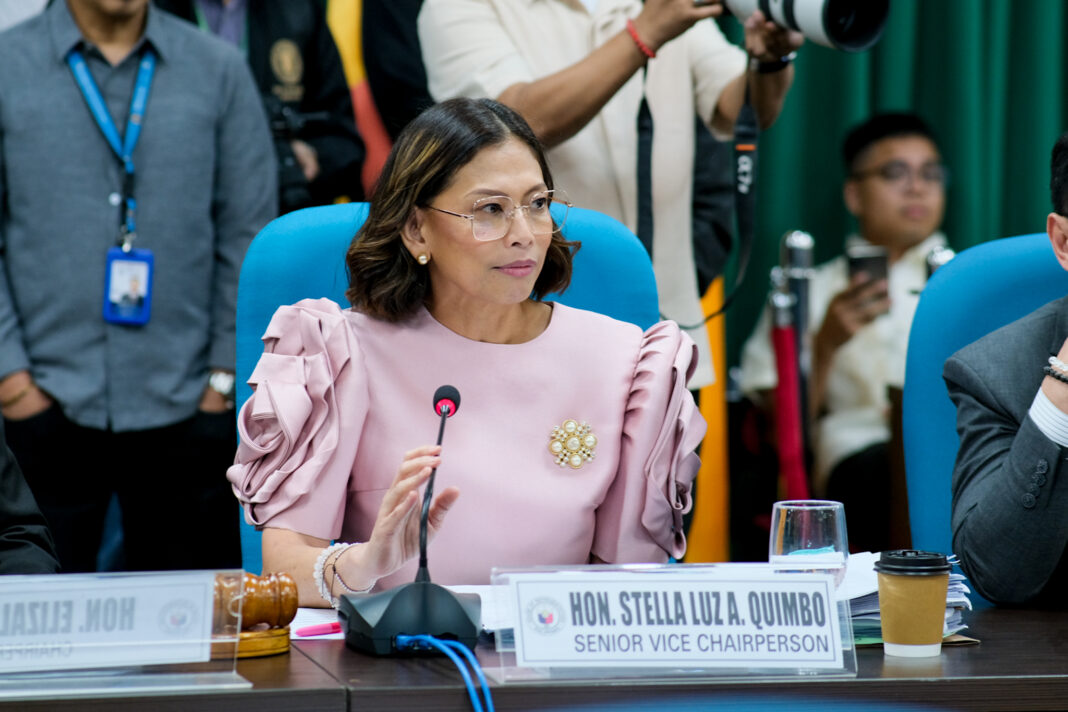The National Grid Corp. of the Philippines (NGCP) has acknowledged that a Chinese national, Wen Bo, previously served as its chief technical officer, sparking concerns over potential constitutional violations and foreign influence in a public utility.
During a recent congressional hearing, Marikina Rep. Stella Quimbo questioned NGCP officials about the designation of current OIC-CTO Rico Vega and the involvement of Wen Bo in the company.
Vega admitted that he has been serving as OIC-CTO for nearly three years but could not explain why he had not been officially designated as permanent CTO.
NGCP President Anthony Almeda confirmed that Wen Bo previously served as CTO, while Assistant Corporate Secretary Ronald Concepcion provided additional details, stating that Wen Bo held the position “for a period of time” and was granted the necessary approvals from various government agencies.
Concepcion said that Wen Bo is no longer with NGCP and estimated that his tenure as CTO ended around 2017. Quimbo requested that NGCP submit all documents related to Wen Bo’s appointment, including permits from the Department of Justice and other agencies.
The Marikina lawmaker raised concerns about the constitutional implications of a foreign national holding a key executive role in a public utility. According to the 1987 Constitution, public utilities must be at least 60 percent Filipino-owned, with executive and managerial roles reserved for Filipino citizens.
The disclosure has amplified existing concerns over foreign influence in NGCP operations, particularly given its role as a critical infrastructure operator. Lawmakers have repeatedly flagged the involvement of Chinese nationals in NGCP’s leadership, pointing out the risks this poses to national security.
The presence of a Chinese national in a top technical position at NGCP has raised serious national security concerns, as the company manages the transmission grid that delivers power across the entire Philippines.
Meanwhile, Batangas Rep. Gerville Luistro warned about the reliance of the NGCP on Chinese technology and demanded immediate action to safeguard the country’s critical infrastructure.
“The apprehensions we are facing right now about having our national grid possibly controlled by a foreign national is right before our eyes. While it is just an apprehension, this is a question that needs to be answered with absolute certainty,” she said.
The warning arose from NGCP’s dependence on technology supplied by NARI Group Corp., a Chinese state-owned enterprise that provides the hardware and software powering the grid’s Supervisory Control and Data Acquisition (SCADA) system.
SCADA serves as the nervous system of the country’s electricity network, controlling everything from power plants to transmission lines, while NARI, or Nanjing Automation Research Institute, a supplier of military-grade technology, maintains ties to NGCP, including the capability for remote access to the system.
The legislators warned that foreign control or influence over critical infrastructure, such as power grids, could expose the country to risks of espionage, sabotage, or operational disruptions.
The committee on legislative franchises, chaired by Parañaque City Rep. Gus Tambunting, continues its inquiry into NGCP’s operations, with members calling for greater transparency and accountability to protect the integrity of the country’s power grid.
NGCP, which manages the country’s power transmission grid, is 40 percent owned by the State Grid Corp. of China, while Filipino tycoons Henry Sy Jr. and Robert Coyiuto Jr. own the remaining 60 percent through Synergy Grid and Development Philippines.







